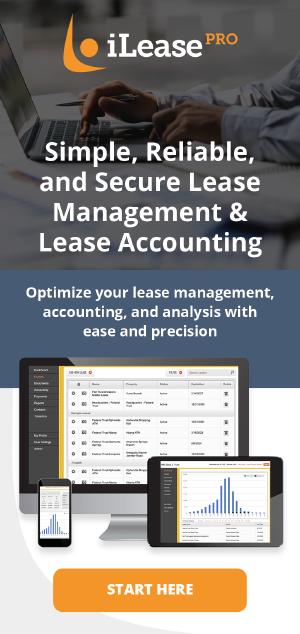Lease vs. Buy: Making the Right Choice Under ASC 842

Lease vs. Buy: Making the Right Decision for Your Business
The decision to lease or buy an asset is a crucial financial consideration for companies, especially in light of the ASC 842
lease accounting standard. This section delves deeper into the implications and initiatives surrounding the 'Lease vs.
Buy' analysis.
Implication:
With the introduction of ASC 842, the way companies recognize
lease liabilities has undergone a significant transformation. Before this standard, operating leases were
off-balance-sheet items for lessees. However, ASC 842 mandates that lessees recognize almost all leases on their balance
sheets, resulting in an increase in reported assets and liabilities. This can have several repercussions:
- Financial Ratios: The increased liability can affect various financial ratios, such as the debt-to-equity ratio, which can impact a company's perceived financial health.
- Credit Ratings: A sudden surge in liabilities might affect the company's credit ratings, potentially leading to higher borrowing costs.
- Covenants: Companies might face challenges with loan covenants that have limits on liabilities or specific financial ratios.
Initiative:
Given these implications, it's essential to approach asset acquisition with
a strategic mindset. Here's a detailed look at the 'Lease vs. Buy' analysis:
- Cost Analysis: Begin by comparing the total cost of leasing versus buying. This includes not only the upfront costs but also long-term expenses such as maintenance, tax implications, interest on financed purchases, and potential lease escalations.
- Flexibility vs. Ownership: Leasing often offers more flexibility, especially if the asset becomes obsolete quickly (like certain tech equipment). However, ownership means the asset can be deployed indefinitely, and the company can benefit from any residual value upon its sale.
- Tax Benefits: Ownership allows companies to benefit from depreciation, which can be tax-deductible. Leasing, on the other hand, may allow for the deduction of lease payments, but this depends on local tax laws and the lease structure.
- Cash Flow Considerations: Purchasing can tie up significant capital, whereas leasing might allow for better cash flow management, especially if there's no down payment or it's minimal.
- Strategic Value: Consider the strategic value of the asset. If it's core to the business operations and offers a competitive advantage, ownership might be more beneficial.
In conclusion, while the ASC 842 brings challenges, it also emphasizes the importance of thoroughly analyzing leasing versus buying decisions. By understanding the financial, strategic, and operational implications of each option, companies can make informed decisions that align with their long-term objectives and ensure tax and balance sheet efficiency.



